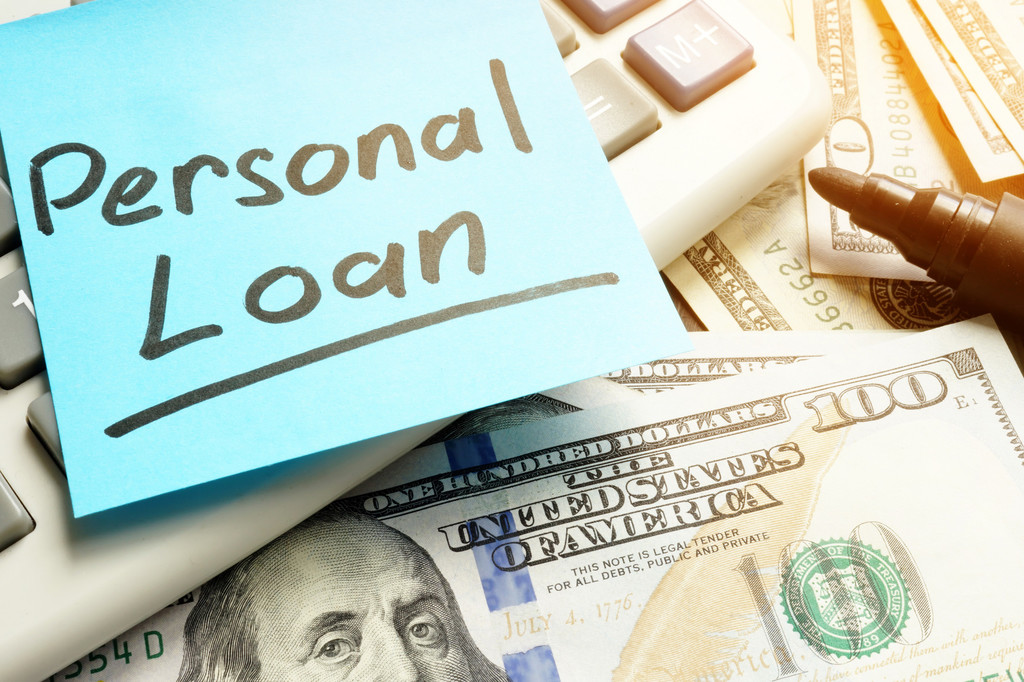Extradition is the name give to a legal procedure where one nation hands over an accused or a person convicted of committing some kind of serious crime to another nation. Does it sound like something straight out of a criminal novel? Well, it might but at the same time this is also an imperative tool for international law and enforcement. If you’re someone who is facing extradition, it is critical for you to comprehend both the procedure and your rights so that you can guarantee a fair and just outcome of the legal case.
Extradition Process – What is it?
To the core, extradition is the legal process of bringing a person to face justice in a country where the alleged crime has taken place. This procedure is a complicated and might include several legal systems, making it vital for you to have a strong understanding of what the procedure is and how it is executed.
-
You have to request for the extradition process
The first step with which the process starts off is through a request from one nation to another. There are extradition lawyers involved in the process to maintain the legal aspects and guarantee an outcome that is strictly legal. This initial request is usually made by the nation where the crime has been committed. This country sends a request to the other country to surrender the accused person. This request includes the perfect details of the type of crime committed, all kinds of evidence related to the crime, and the legal grounds leading to the extradition process. There are agreements between the nations in order to make the process seamless.
-
The Judicial authorities review the request
As the country makes the request to the other country, the judicial authorities in the requested country will start reviewing and monitoring it carefully. They determine whether or not the extradition request meets the criteria that is set by the country’s law. The extradition lawyers start checking if the crime is extraditable, which happens only when the crime is a serious one like fraud, murder, or drug trafficking.
-
You will be sent a hearing request to be brought to the court
After all the scrutiny, when the lawyers find validity in the extradition request, the accused can be arrested and brought to the court. There are few cases where a hearing can be scheduled to decide whether or not the extradition process should proceed. It is then the decision of the court to hand over the individual to the requesting country.
-
The final decision and the transfer take place
As the hearing takes place, the court makes the decision of whether the person should be extradited. The individual is then transferred to the requesting country. The entire process is carried out by law enforcement officers.
Knowing Your Rights
- Right to seek legal representation: If you’ve faced extradition, you have the right to seek legal representation. An experienced lawyer can guide you through the process.
- Right to appeal: When the court gives a decision in favor of your extradition, you have the right to appeal the decision and challenge the legal grounds.
- Protection against inhumane behavior: When there are concerns that you may face unfair behavior or torture, you can challenge the extradition on such grounds.
- Right to fair trial: In case there are doubts about the fairness of the trial you will face in another country, your lawyer can raise such concerns during the process.
Extradition is a grave legal matter that has an impact on both your future and your freedom. However, when you have a clear picture of the process and you’re aware of your rights, you can navigate the situation seamlessly.









